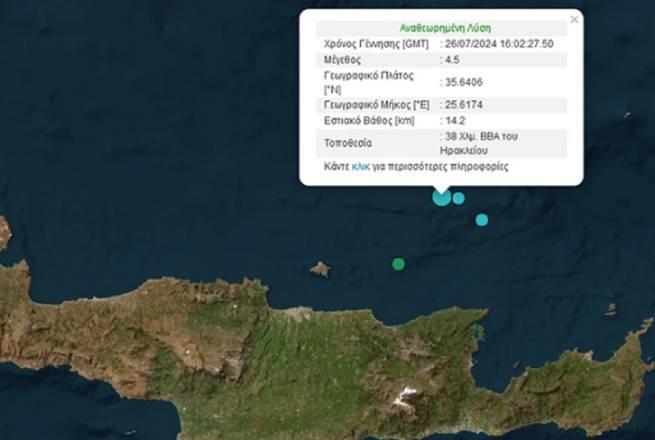Seventeenth of May Council EU banned the broadcasting of four media outlets in the European Union: Russian RIA Novosti, Izvestia and Rossiyskaya Gazeta, and
Czech Republic-based Voice of Europe portal. They will be blocked throughout the EU.
The press service of the Council of the EU notes that these media are under constant direct or indirect control of the leadership of the Russian Federation and play an important role in the deployment and support of Russia’s war of aggression against Ukraine, as well as in the destabilization of its neighboring countries, writes “European truth”.
However, referring to the Charter of Fundamental Rights, the EU Council clarified that the measures agreed on May 17 will not prevent these media from carrying out activities other than broadcasting in the European Union: taking interviews, for example, or conducting research.
The publication notes that the Russian Federation is conducting a systematic international campaign of media and information manipulation, interference and gross distortion of facts in order to justify and support its full-scale aggression against Ukraine, as well as to strengthen its strategy of destabilizing neighboring countries, the EU and its member states.
In particular, information manipulation and interference were directed against the Ukrainian state and its authorities, Ukrainian citizens, European political parties, especially during election periods, as well as against civil society, asylum seekers, Russian ethnic minorities, gender minorities and the functioning of democratic institutions in the EU and its member states.
Reports that the European Commission wants to add the Voice of Europe information resource to the sanctions list appeared earlier. In March, Czech intelligence services said that the site was used to spread anti-Ukrainian propaganda and disinformation at the direction of Viktor Medvedchuk, against whom the Czech Republic imposed sanctions.
In March of this year Czech authorities announced the disclosure of a “network of influence financed from the Russian Federation”, which was engaged in disseminating Russian state narratives in Europe and bribing European politicians. The German publication Der Spiegel and the Czech newspaper Deník N reported that part of this scheme was the news site Voice of Europe, which regularly published calls from European politicians to stop aid to Ukraine. Some of the authors of these calls, according to media reports, were paid money for this, writes Deutsche Welle.
The media wrote that the former leader of the pro-Russian Ukrainian party “Opposition Platform – For Life” and godfather of the Russian President Viktor Medvedchuk was behind the financing of the portal. The website Politico reported that it had identified 16 EU lawmakers who spoke on Voice of Europe, all of them far-right politicians. Journalists do not name specific names, but note that the site also published interviews with members of the right-wing populist Alternative for Germany (AfD) – MEP Maximilian Krah and Bundestag member Petr Bystron.
“Rossiyskaya Gazeta” is the official printed publication of the Russian government. Last fall, Bulgaria expelled an employee of this resource from the country and banned entry into the EU for violations that, according to the Bulgarian government, were not related to journalistic activities.
Moscow will be forced to take retaliatory measures in connection with the decision of the EU Council to ban the broadcasting activities of three Russian media outlets in the territory of the European Union, the Russian Foreign Ministry said on Friday. “We have warned repeatedly and at various levels that the use of repressive measures by the European Union and its member states against Russian media and their employees will not go unnoticed on our part. Ignoring these warnings forces us to take retaliatory measures that will inevitably follow.” , – says the commentary of the official representative of the Russian Foreign Ministry Maria Zakharova, published on the website of the Russian Foreign Ministry.
Deputy Spokesperson for the Secretary General UN Farhan Haq did not comment on the European Union’s decision to ban broadcasting of a number of Russian media on its territory. “I believe this is a decision of the European body, so I have nothing to say in this regard. You can contact our colleagues involved in the protection of human rights,” said Haque.
Let us recall that at the beginning of March 2022, by decision of the Council of the EU, the European Union banned the work of the Russian television channels RT/Russia Today and Sputnik.







More Stories
Stray dogs spark heated debate in Turkish parliament (video)
The 33rd Olympic Games opened in Paris (updated)
FT: "consumer boom in Russia"